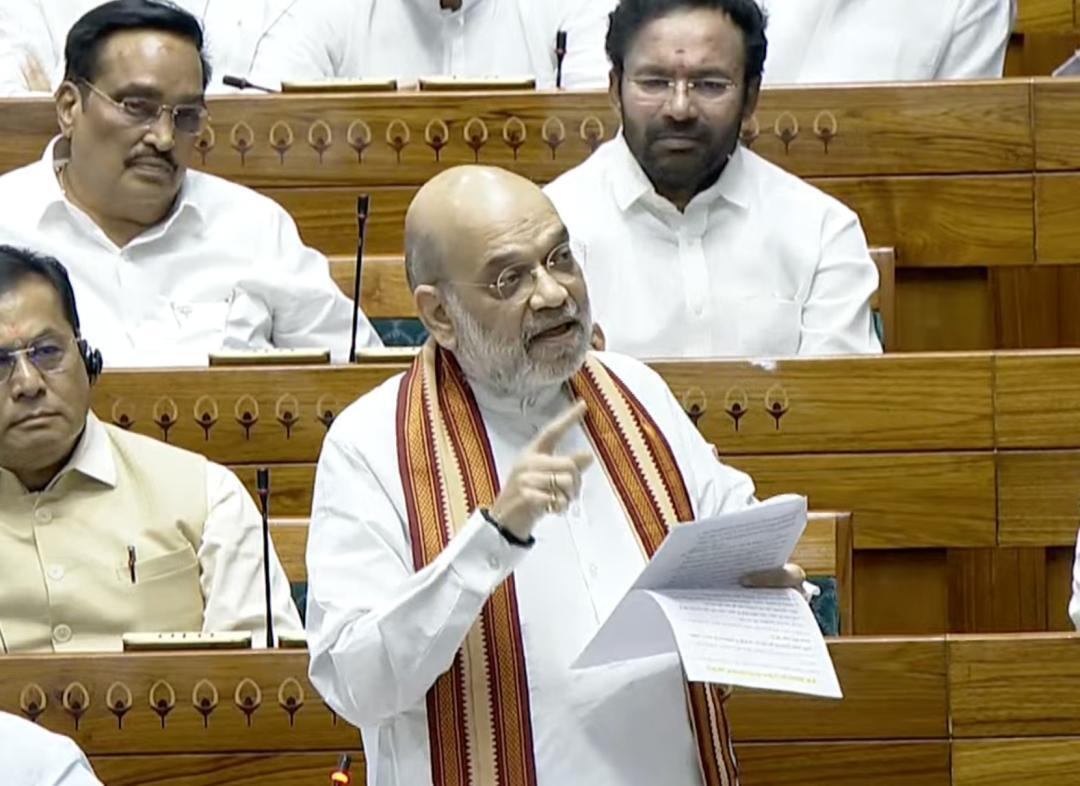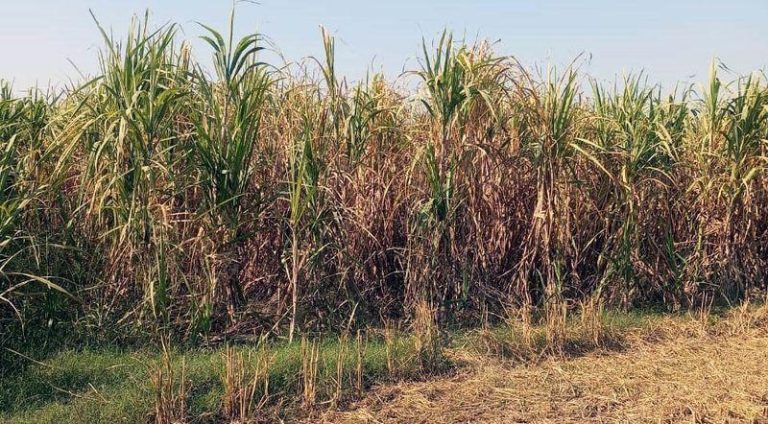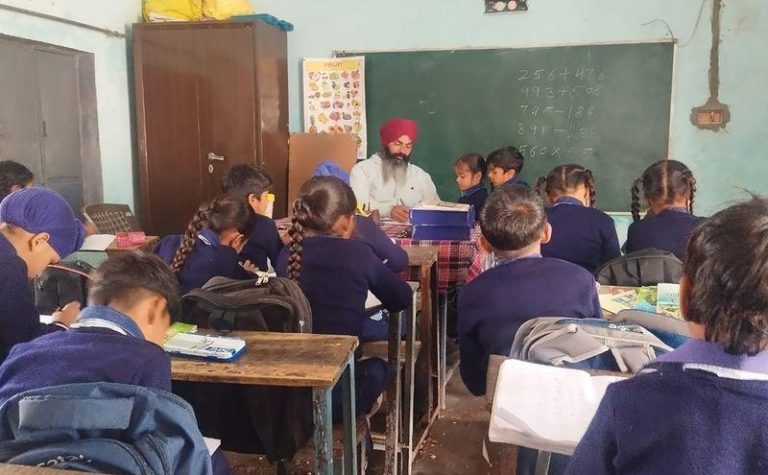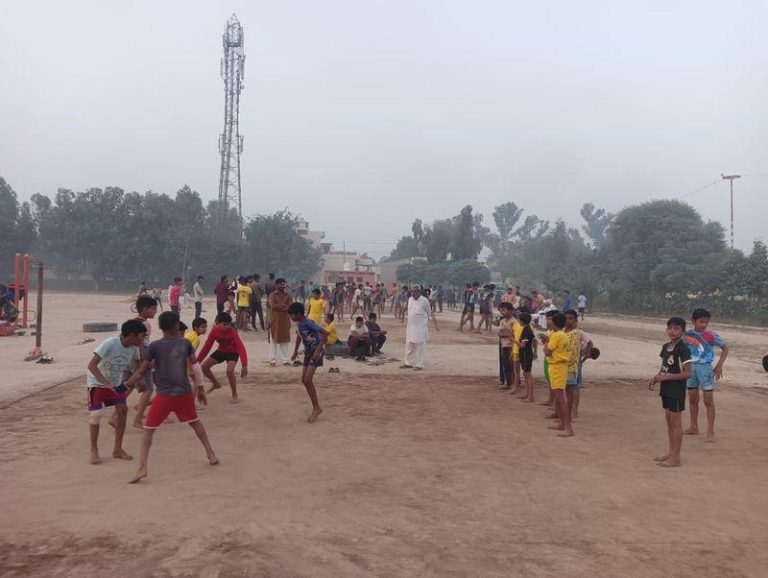
What did J&K locals arrested for housing Pahalgam terrorists tell government?
On April 12, 2020, a terrorist attack took place in Pahalgam, Jammu and Kashmir, leaving several tourists injured. The attack was carried out by terrorists who stormed the tourist camp and opened fire at the tourists. The incident sent shockwaves across the country, with the government launching a massive investigation to identify and bring to justice those involved in the attack.
In a shocking revelation, Union Home Minister Amit Shah told the Lok Sabha that two J&K locals, who were arrested for housing the terrorists, revealed that the terrorists had reached their hut in Baisaran Valley, about 2 kilometers away from the Valley, on April 21. The Minister’s statement has raised several questions about the involvement of local residents in terrorist activities and the government’s efforts to combat terrorism in the region.
According to Shah, the terrorists who attacked the Pahalgam tourist camp were armed with AK-47 and M9 Carbine rifles. Two of the terrorists were dressed in black outfits, which suggests that they may have been trying to disguise themselves as locals. The Minister’s statement also revealed that the terrorists had stayed at the hut of the two local residents for a short period, eating and drinking tea before leaving.
The revelation has sparked concerns about the involvement of local residents in terrorist activities and the need for the government to take stricter measures to prevent such incidents in the future. The incident highlights the challenges faced by the government in combating terrorism in Jammu and Kashmir, where the local population is often divided and there is a strong presence of militant groups.
The Pahalgam attack was not an isolated incident. In recent years, there have been several terrorist attacks in Jammu and Kashmir, targeting tourists and security forces. The attacks have been carried out by various terrorist groups, including the Lashkar-e-Taiba (LeT) and the Jaish-e-Mohammed (JeM).
The government has launched several operations to combat terrorism in the region, including the “Operation All-Out” launched by the Indian Army in 2017. The operation aimed to neutralize terrorist groups and disrupt their infrastructure. However, despite these efforts, terrorist attacks continue to occur in the region.
The involvement of local residents in terrorist activities is a major concern for the government. In recent years, there have been several instances where locals have been arrested for providing shelter and support to terrorists. The Pahalgam attack is a stark reminder of the need for the government to take stricter measures to prevent such incidents in the future.
The government has taken several measures to prevent terrorist attacks in Jammu and Kashmir, including the deployment of additional security forces in the region. The government has also launched several initiatives to promote tourism in the region and create jobs for the local population.
However, despite these efforts, terrorist attacks continue to occur in the region. The Pahalgam attack is a stark reminder of the need for the government to take a more robust approach to combating terrorism in Jammu and Kashmir. The government must work to address the root causes of terrorism, including poverty, unemployment, and political instability, to prevent such incidents in the future.
In conclusion, the Pahalgam attack is a stark reminder of the challenges faced by the government in combating terrorism in Jammu and Kashmir. The involvement of local residents in terrorist activities is a major concern, and the government must take stricter measures to prevent such incidents in the future. The government must work to address the root causes of terrorism, including poverty, unemployment, and political instability, to prevent such incidents in the future.
Source:
Note: The news source is a YouTube video, the URL of which is provided above. The video contains the statement made by Union Home Minister Amit Shah in the Lok Sabha, which is the subject of this blog post.






